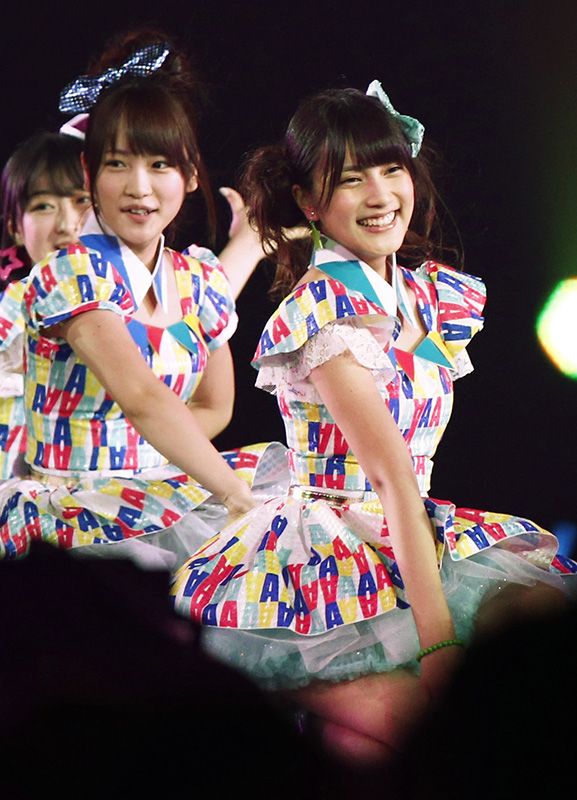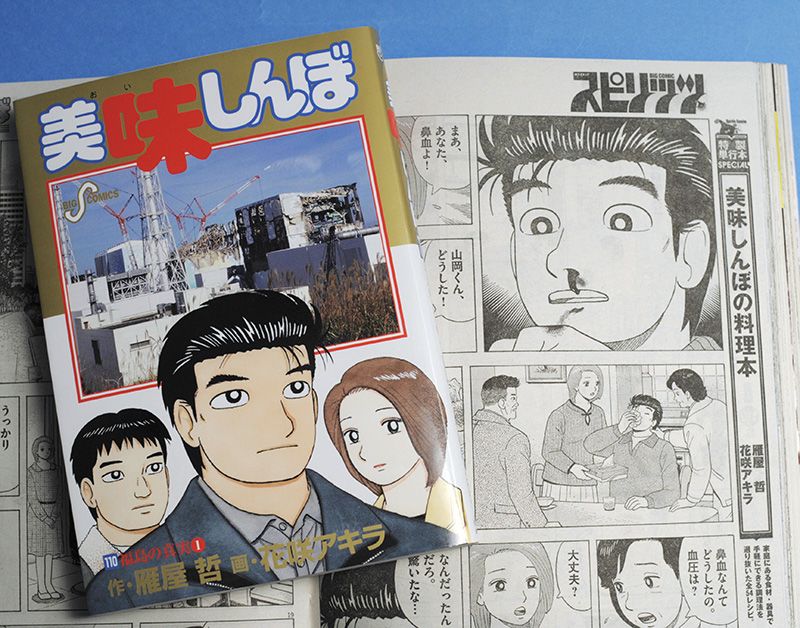Timeline for May 2014
Politics Economy Science Technology Society- English
- 日本語
- 简体字
- 繁體字
- Français
- Español
- العربية
- Русский
6–7
Japan chairs the ministerial council meeting of the Organization for Economic Cooperation and Development held in Paris, 50 years after it first joined the body. It is the second time ever, and the first time in 36 years, that Japan has chaired the meeting. In his keynote speech Prime Minister Abe Shinzō focuses on economic partnership agreements, noting that the top item on his list of reforms is “to accelerate negotiations on EPAs with our economic partners around the world.”
8
Prime Minister Abe returns to Japan after completing a European tour that took him to six countries: Germany, Britain, Portugal, Spain, France, and Belgium. In a meeting with British Prime Minister David Cameron, the two leaders released a joint statement on reinforcing security and economic collaboration. In France, with President François Hollande he stated that the two countries would cooperate on development of nuclear “fast reactors.” In Brussels, the European Union and Japan agreed to speed up talks on a free trade agreement. The trip also included the first visit of a Japanese prime minister to Portugal.
Imura Yoshitomo is arrested for possession of workable plastic guns he made using downloaded plans and a 3D printer. An employee at the Shōnan Institute of Technology in Kanagawa Prefecture, he is the first person to be arrested for the offense in Japan.
12
Japan soccer coach Alberto Zaccheroni announces the 23-man squad for the 2014 World Cup in Brazil. Among the stars currently based in Europe are Honda Keisuke (AC Milan), Kagawa Shinji (Manchester United), Nagatomo Yūto (Inter Milan), and Hasebe Makoto (FC Nürnberg). There is also a surprise recall for Kawasaki Frontale striker Ōkubo Yoshito.
Israeli Prime Minister Benjamin Netanyahu visits Japan. Prime Minister Abe urges him to restart peace talks with Palestine; the two leaders also announce they will increase defense cooperation.
14
Wakata Kōichi returns to Earth after serving as the first Japanese commander of the International Space Station. He was in space for 188 days, the longest stay by a Japanese astronaut on a single mission.
15
The Advisory Panel on Reconstruction of the Legal Basis for Security submits its report to the prime minister. The report states that due to changes in the security environment surrounding Japan, the limitation of allowable force in self-defense under the constitution to “the minimum extent necessary” should be reinterpreted to include the exercise of the right to collective self-defense. At a press conference, Prime Minister Abe announces the government will further study the question.
17
Pop singer Aska, one half of the duo Chage and Aska, is arrested on suspicion of possession of metamphetamine. He had previously denied rumors of drug use.
19
Popular manga series Oishinbo appears for the final time before going on indefinite hiatus, having sparked controversy with a Fukushima-based storyline. The depiction of the main character developing a nosebleed after visiting the Fukushima Daiichi Nuclear Power Plant led to a formal protest from the Fukushima prefectural government. Statements in the comic by former Mayor Idogawa Katsutaka of the city of Futaba in Fukushima Prefecture that “many in Fukushima have the same symptoms” and that the nosebleeds were “caused by radiation” were also criticized.
22
Prime Minister Abe meets with Vietnamese Deputy Prime Minister Vu Duc Dam as tensions rise between Vietnam and China over disputed territory in the South China Sea. “I am concerned about strained ties caused by China’s unilateral drilling activities,” Abe says.
23
Japan passes a law bringing the number of annual national holidays to 16. The new holiday will be called “Mountain Day” and will take place every August 11 from 2016.
24
Chinese fighter planes scramble to pass within meters of Japanese surveillance aircraft over the East China Sea. The encounter takes place in the overlap between Japan’s Air Defense Identification Zone and the ADIZ established by China in November 2013. The two Chinese fighters fly within 50 meters of one Japanese plane and within 30 meters of the other.
25
 Kawaei Rina (left), Iriyama Anna (right) (© Jiji Press)
Kawaei Rina (left), Iriyama Anna (right) (© Jiji Press)
A man with a saw attacks AKB48 members Kawaei Rina and Iriyama Anna and a venue staff member at a handshake event held by the pop girl-group in Iwate Prefecture. Umeta Satoru is arrested for attempted murder as the victims suffer hand and head injuries. All three are discharged from the hospital the following day.
Japan’s rugby team clinches the Asian Five Nations with a 49–8 victory over Hong Kong, thereby qualifying for the 2015 World Cup in England. It is the last sporting event held in the National Stadium in Tokyo, due to be replaced by a new, larger venue. Paul McCartney concerts at the stadium, which had been planned for May 17 and 18, were cancelled when the singer was hospitalized with a viral infection.
Japan’s women’s soccer team defeats Australia 1–0 in the final of the Asian Cup in Vietnam to win the tournament for the first time.
Japan’s men’s team wins the world championship of badminton, the Thomas Cup, for the first time after a 3–2 victory against Malaysia.
26
Bangladeshi Prime Minister Sheikh Hasina visits Japan and meets with Prime Minister Abe. Japan pledges a ¥600 billion loan for construction of infrastructure in Bangladesh.
30
Prime Minister Abe gives the keynote address at the Shangri-La Dialogue in Singapore. He says that Japan will play a “greater and more proactive role” in regional security and that he supports the Philippines and Vietnam in their territorial disputes with China.
politics Soccer Abe Shinzō Fukushima sports AKB48 Honda Keisuke National stadium David Cameron Zaccheroni Wakata Aska Oishinbo Shangri-La Dialogue

